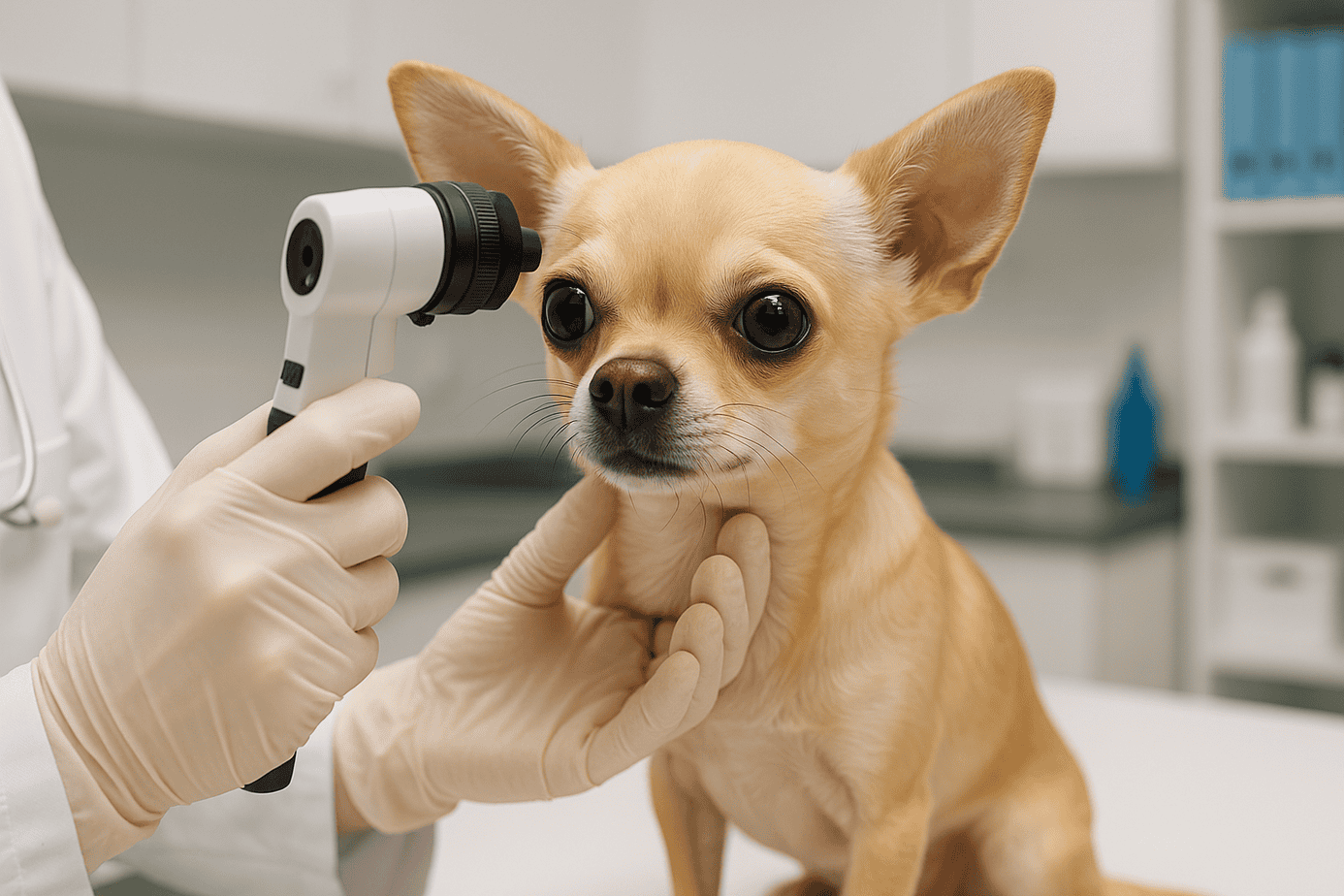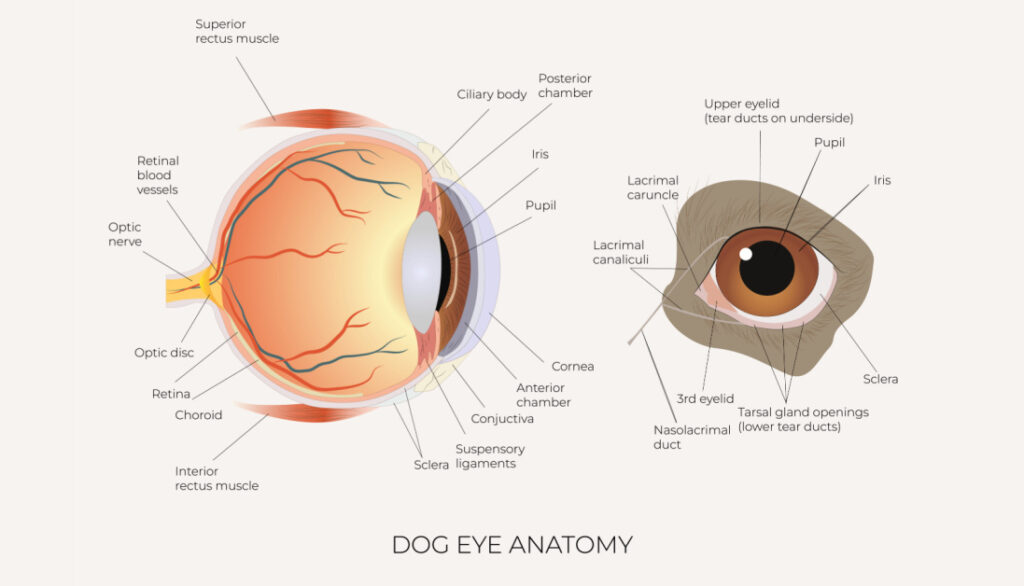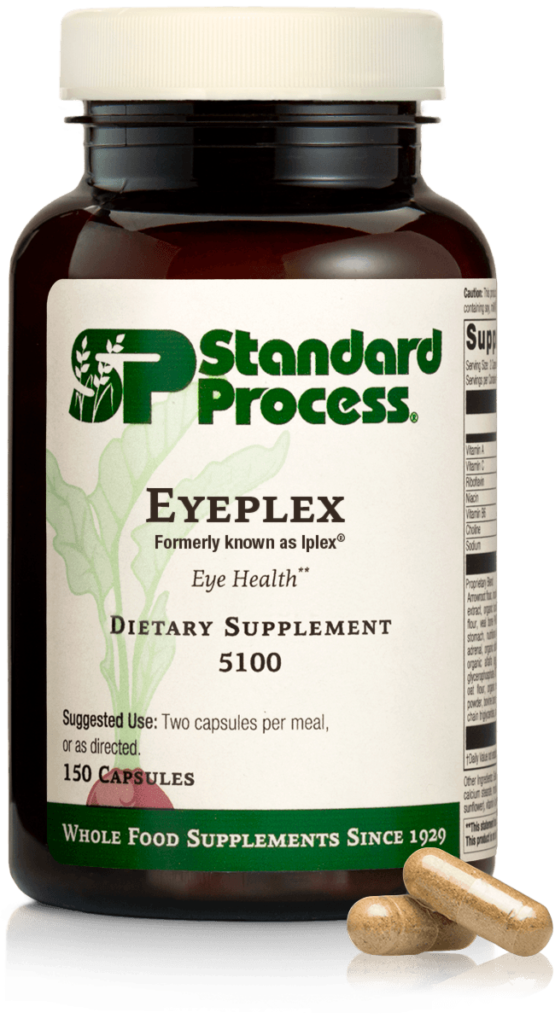As a holistic veterinarian and a dog parent myself, I understand how much you love your Chihuahua. These little bundles of joy have a special place in our hearts, and as such, their health is paramount. One area of concern that often gets overlooked is Chihuahua eye health. Their eyes are not only adorable but also uniquely structured, making them prone to certain conditions.
Whether it’s the common eye diseases in Chihuahuas or the daily care and maintenance, understanding your Chihuahua’s eye health can be a bit complex. But don’t worry! I’m here to guide you through the ins and outs of Chihuahua eye health – conditions & solutions from a vet. Together, we’ll explore the common eye conditions in Chihuahuas, vet recommended eye health treatments, and practical tips for maintaining your Chihuahua’s eye health.
Moreover, we’ll also discuss how a holistic diet and environmental hygiene can play a crucial role in preventing eye problems. After all, prevention is always better than cure. So, let’s embark on this journey to ensure your Chihuahua’s eyes sparkle with health and happiness!

Understanding Chihuahua Eye Structure
As a holistic veterinarian, I can’t stress enough how important it is for you, as a responsible Chihuahua caregiver, to comprehend the unique eye structure of your little companion. This understanding will equip you to better detect early signs of potential eye problems and seek timely veterinary solutions for Chihuahua eye health.
Chihuahuas, with their captivating large eyes, are undeniably one of the most endearing breeds. However, these expressive eyes are not just for show. They have a specific structure that requires particular attention. The Chihuahua’s eyes are more prominent and exposed compared to other breeds. They have a shallow eye socket that makes the eyeball protrude. This anatomical feature makes them more susceptible to injury and various eye conditions.
Furthermore, Chihuahuas have a third eyelid, also known as the nictitating membrane. This thin tissue layer helps protect the eye and distribute tears to keep the eye moist. Sometimes, this third eyelid can become visible due to inflammation, stress, or other health issues. It’s crucial to keep an eye out for such changes.
The breed’s tear ducts are another critical aspect of their eye structure. Chihuahuas are prone to blocked tear ducts, which can lead to watery eyes and tear staining. Regularly checking the area around the eyes for unusual discharge or redness can help identify this issue early.
Lastly, Chihuahuas have a unique retina structure. Like other dogs, they have more rod cells than cone cells, which gives them excellent night vision but less vibrant color perception. However, the Chihuahua’s retina is more prone to retinal diseases, including Progressive Retinal Atrophy (PRA), a degenerative disease that can lead to blindness.
Understanding these nuances of your Chihuahua’s eye structure is the first step towards ensuring their eye health. It enables you to spot abnormalities and seek prompt veterinary intervention, thereby preventing the progression of potential eye diseases. Remember, the earlier the detection, the better the prognosis and treatment outcomes for your beloved Chihuahua.

Common Eye Issues In Chihuahuas
As a veterinarian, I see many Chihuahuas with eye health issues. These adorable little dogs are known for their large, expressive eyes, but unfortunately, they can also be prone to certain eye conditions. Let’s discuss some of the most common ones and the solutions from a vet’s perspective.
- Conjunctivitis: This is inflammation of the conjunctiva, the tissue lining the inside of the eyelids. It can cause redness, discharge, and discomfort. Treatment typically includes eye drops or ointments.
- Keratoconjunctivitis Sicca (KCS): Also known as “dry eye,” KCS is a condition where the eye doesn’t produce enough tears. Symptoms can include redness, discharge, and squinting. Treatment usually involves artificial tears and medications to stimulate tear production.
- Corneal Ulcers: These are painful sores on the cornea, the clear front part of the eye. They can be caused by trauma, dry eye, or other conditions. Treatment often involves antibiotics, pain relief, and sometimes surgery.
- Cataracts: Chihuahuas can develop cataracts, which are opacities in the lens of the eye that can cause vision loss. Treatment often involves surgery.
Remember, if you notice any changes in your Chihuahua’s eyes—such as redness, discharge, squinting, or apparent discomfort—don’t wait. Contact your vet right away. Eye problems can worsen quickly, and prompt treatment can make a big difference.
As a vet, my mission is to help you keep your Chihuahua healthy and happy. With the right care and attention to their eye health, your little companion can continue to light up your life with their big, beautiful eyes.
Prevention of Eye Problems
Ensuring your Chihuahua gets the right nutrients for optimal eye health is essential for maintaining clear vision and preventing age-related issues. Natural, nutrient-rich foods and supplements can play a key role in supporting their eyesight. From vitamin A-packed freeze-dried liver treats to antioxidant-rich blueberries and targeted supplements like Eyeplex by Standard Process, there are several ways to nourish your dog’s eyes. In this section, we’ll explore how these powerful ingredients contribute to long-term vision health and overall well-being.
Eyeplex by Standard Process
Eyeplex by Standard Process is a specialized supplement designed to support your Chihuahua’s eye health with a blend of essential nutrients. Formulated with key vitamins, minerals, and antioxidants, Eyeplex helps protect against oxidative stress, supports retinal function, and promotes overall vision health. Ingredients like vitamin A, vitamin C, and zinc contribute to maintaining strong eyesight, while whole food ingredients provide additional phytonutrients for cellular protection. Adding Eyeplex to your Chihuahua’s diet can be especially beneficial for aging dogs or breeds prone to eye conditions, offering targeted nutritional support to keep their vision sharp and healthy for years to come.

Freeze-Dried Blueberries
Freeze-dried blueberries are a powerhouse of antioxidants that can help protect your Chihuahua’s eyes from oxidative stress and age-related damage. Rich in vitamins C and E, as well as anthocyanins, these tiny but mighty berries help combat free radicals that can contribute to eye diseases like cataracts and macular degeneration. Incorporating freeze-dried blueberries into your dog’s diet provides a natural and delicious way to support retinal health, reduce inflammation, and promote overall vision longevity. Plus, they’re a low-calorie, dog-friendly treat that makes a great addition to a balanced diet for long-term eye health.

Freeze-Dried Liver
Freeze-dried liver treats are an excellent natural source of vitamin A, an essential nutrient for your Chihuahua’s eye health. Vitamin A plays a crucial role in maintaining good vision, especially in low-light conditions, while also supporting overall immune function and skin health. Since liver is rich in bioavailable vitamin A, incorporating freeze-dried liver treats into your dog’s diet provides a convenient and nutritious way to promote optimal eye function. Just be sure to feed them in moderation, as excessive vitamin A can lead to toxicity. Adding these nutrient-packed treats to your pup’s routine is a simple, tasty way to support their long-term vision and well-being!

By prioritizing your Chihuahua’s eye health through a balanced diet and nutritional supplements, you can help prevent many common eye issues. These simple steps can go a long way in ensuring your pup’s eyes stay healthy and clear for years to come.
Environmental Hygiene To Reduce Eye Problems
As a Chihuahua parent, you’re already aware of the importance of your furry friend’s eye health. But did you know that maintaining a clean and safe environment can significantly reduce the risk of eye problems? Let’s dig into the role of environmental hygiene in ensuring the optimal Chihuahua Eye Health.
Indoor Air Quality
The quality of the air in your home can directly affect your Chihuahua’s eyes. Dust, pollen, and other airborne allergens can irritate your dog’s eyes, leading to discomfort and potential eye conditions. Here are some tips to improve indoor air quality:
- Regularly clean and vacuum your home to reduce dust and allergens.
- Consider using an air purifier to filter out potential irritants.
- Avoid smoking indoors as it can irritate your Chihuahua’s eyes.
- Ensure your home is well-ventilated to prevent the buildup of irritants.
Sprays, Diffusers, Candles, Incense
While we all love a sweet-smelling home, certain products like sprays, diffusers, candles, and incense can be harmful to your Chihuahua’s eyes. The chemicals and fragrances in these products can cause eye irritation, leading to redness, itching, and watering. Here’s how you can prevent this:
- Avoid using these products in the same room as your Chihuahua.
- Opt for natural, non-toxic alternatives whenever possible.
- Ensure proper ventilation when using these products to disperse any harmful particles.
Remember, prevention is always better than cure, especially when it comes to Chihuahua Eye Health. By maintaining a clean, safe, and allergen-free environment, you can significantly reduce the risk of eye problems in your beloved pet. Always monitor your Chihuahua’s eyes for any signs of irritation or discomfort, and consult your vet immediately if you notice any issues. With the right care and attention, you can ensure your Chihuahua’s eyes remain healthy and bright!

Routine Eye Care & Maintenance
Just like us, our little Chihuahuas require regular eye care and maintenance to keep their eyes healthy and prevent common eye diseases. So, let’s touch on some daily and weekly care routines, as well as some factors to monitor for optimum Chihuahua Eye Health.
Daily & Weekly Care & Maintenance
On a daily basis, it’s essential to check your Chihuahua’s eyes for any signs of redness, discharge, or inflammation. The eyes should be bright and clear. Use a soft, damp cloth to gently wipe away any tear stains or debris from the corners of the eyes. But remember, never wipe inside the eye.
Moreover, a weekly routine should include a more thorough inspection. Look for any changes in the eye color, cloudiness, or if your Chihuahua is squinting or rubbing its eyes. These could be signs of an underlying problem that requires a vet’s attention.
Monitor Hair Length, Nail Length, and Bath Frequency
Long hair around the eyes can cause irritation and lead to infections. Therefore, it’s important to keep the hair around your Chihuahua’s eyes trimmed. But be careful not to hurt their eyes while doing so. A groomer can help with this if you’re not comfortable doing it yourself.
Similarly, long nails can also lead to eye injuries, especially if your Chihuahua has a habit of scratching its face. Regular nail trims can help prevent this.
Bathing your Chihuahua too frequently can dry out their skin and eyes, leading to irritation. But, not bathing them enough can result in a build-up of bacteria around the eyes. So, it’s all about striking a balance. Usually, a monthly bath is adequate for most Chihuahuas. However, always consult with your vet about the best bathing frequency for your specific pet.
Remember, your Chihuahua’s eyes are delicate, and their eye health can have a huge impact on their overall quality of life. Regular care and maintenance, along with monitoring key factors such as hair and nail length, can help keep their eyes in the best possible condition. Don’t hesitate to consult with your vet if you notice any changes in your Chihuahua’s eyes. After all, as a pet parent, you want the best for your furry friend, and that includes their Chihuahua Eye Health.
Frequently Asked Questions
- What are common eye conditions in Chihuahuas?
Common eye conditions in Chihuahuas include dry eye (keratoconjunctivitis sicca), corneal ulcers, cataracts, and glaucoma.
- How can I prevent eye problems in my Chihuahua?
To prevent eye problems, it is important to keep your Chihuahua’s eyes clean and free from debris. Regularly check for any signs of redness, discharge, or swelling. Avoid exposing your Chihuahua to irritants such as smoke or chemicals, and protect their eyes from injury.
- What are the symptoms of an eye infection in Chihuahuas?
Symptoms of an eye infection in Chihuahuas may include redness, swelling, discharge, excessive tearing, squinting, rubbing or pawing at the eyes, and changes in the appearance of the eye.
- Can Chihuahuas develop hereditary eye diseases?
Yes, Chihuahuas can develop hereditary eye diseases such as progressive retinal atrophy (PRA) and congenital cataracts. Regular eye examinations by a veterinarian can help detect these conditions early.
- What should I do if my Chihuahua has an eye injury?
If your Chihuahua has an eye injury, it is important to seek veterinary care immediately. Avoid touching or applying any ointments without professional guidance, as this may worsen the injury. Protect the eye from further damage by gently covering it with a clean cloth or a protective cone.
